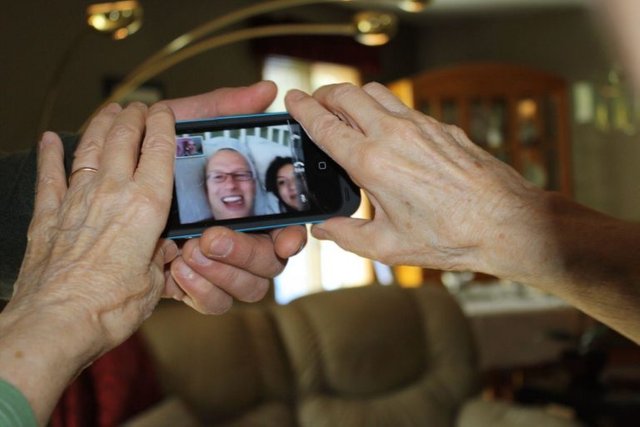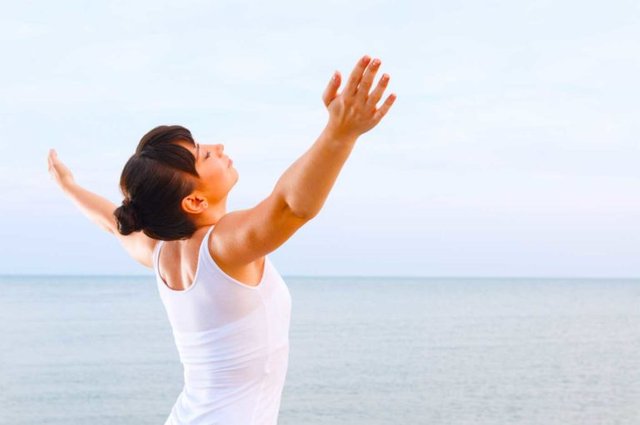How MetroWest Residents Should Manage Depression While Social Distancing During COVID-19
The coronavirus, referred to as COVID-19, has spread around the United States and is disrupting business and personal lives. Public health is also a big concern and everyone is worried about their loved ones.
Social distancing is imperative to limit the spread of the virus between persons. However, isolating yourself in your home during this time can be difficult and presents a psychological challenge to everyone. In particular, patients in MetroWest with depression should educate themselves on ways they can manage their symptoms as best as possible during isolation.
What Exactly is Social Distancing?
First of all, it is essential to understand what social distancing means. The CDC has stated that social distancing is crucial for flattening the curve of this pandemic. They are referring to the act of minimizing social contact with others outside of your household. This can mean staying away from friends, other family members and colleagues.

The goal of social distancing is to reduce the number of people contracting the virus. Many people are experiencing delayed symptoms or are asymptomatic. With no social contact, there should be less spread of infection. You should be staying away from public spaces and crowds. Avoid physical contact with anybody you meet; this includes avoiding hugs and handshakes.
When you are in quarantine, you should be working from home if possible. Any meetups with friends and family in person should be canceled. Any non-essential travel should be stopped. When you are out for food or exercise, the World Health Organization says you should stay at least one meter apart from people at all times. It is all about control and prevention.
Ways to Manage Depression When Social Distancing
With limited contact with other people and a disrupted regular schedule, you may experience heightened symptoms of depression. This could include low mood, a lack of motivation, irritability, anxiety and negative thoughts. To encourage a positive cycle in your life during this tough time, we have some ways to help you manage your symptoms.
Stay Connected with Friends and Family
Everybody is advised to stay at home as much as possible during the next couple of weeks. This means that you may not see your loved ones during the COVID-19 quarantine and will have minimal contact with the outside world. This may accelerate depression symptoms if you are feeling alone during this time.

To alleviate your low mood or feelings of loneliness, it is important to call and video call your friends and family regularly. In this way, you can socialize and have fun without being in public. Talking to someone close to you can provide you with the interaction you need during this time, as well as give you a shoulder to lean on.
Create a Routine
You want to create a sense of normality while you are socially distancing at home. While schools are shut and you are forced to work from home, you can still create a routine to keep you focused. Although it is a new environment and it can seem restricting, creating a schedule can work around this.
This is a time to be proactive and productive, concentrating your energy on staying focused on tasks. Try to avoid falling into bad habits that are going to make you feel worse like sleeping in or lounging in front of the television for hours.
Setting goals is important for maintaining good mental health. So, plan your day with a to-do list and a routine to follow. Do not forget to have breaks and include fun activities in your daily plan.
Limited Negative Media Coverage
There is already a lot of negative and upsetting coverage about COVID-19 on television and online. If this is going to heighten your feelings of depression while you are social distancing, it is best to limit your intake of this media coverage. The outbreak will inevitably bring some horror stories about those who are infected.
To ensure this does not contribute to your negative thoughts, make sure that you only read important information from health officials. You may also want to limit your use of social media as you cannot control what other people post. Seeing the highlights of their day may make you feel more down.
Enjoy Your Favorite Activities
Keeping your spirits as high as possible is important during social distancing. Concentrate on enjoying some of your favorite activities or hobbies during the lockdown. For example, this could be practicing yoga in front of the television or completing a puzzle. Something that gives you a purpose and alleviates your low mood. Do your best to occupy your time with positive activities that make you feel good and can boost your mood and health.
Go for a Walk in the Fresh Air
If you are experiencing low moods and irritability, you may feel like you want to stay in all day with the curtains shut but this is not going to do your mental health any good. It can make your depression worse. The best thing you can do is go out for a walk.

You are still allowed to exercise outdoors as long as you keep your distance from others. The fresh air can be rejuvenating and sunshine can help to improve your mood. Good endorphins are released during exercise, too. So, you will probably feel a lot better after you have been out. Try to go walking every day.
Talk to a Professional
If you are struggling during social distancing and feel your depression may continue to get worse, it is best to speak to a professional. They can help you get your depression under control and feel confident again.
A psychiatrist can be easier to talk to than family or friends, offering you expert information and guidance. Everyone has a unique experience with depression but a professional has the tools to help and can talk to you about your symptoms and possible treatment. To find out more about Novum Psychiatry, call us today and schedule an appointment.